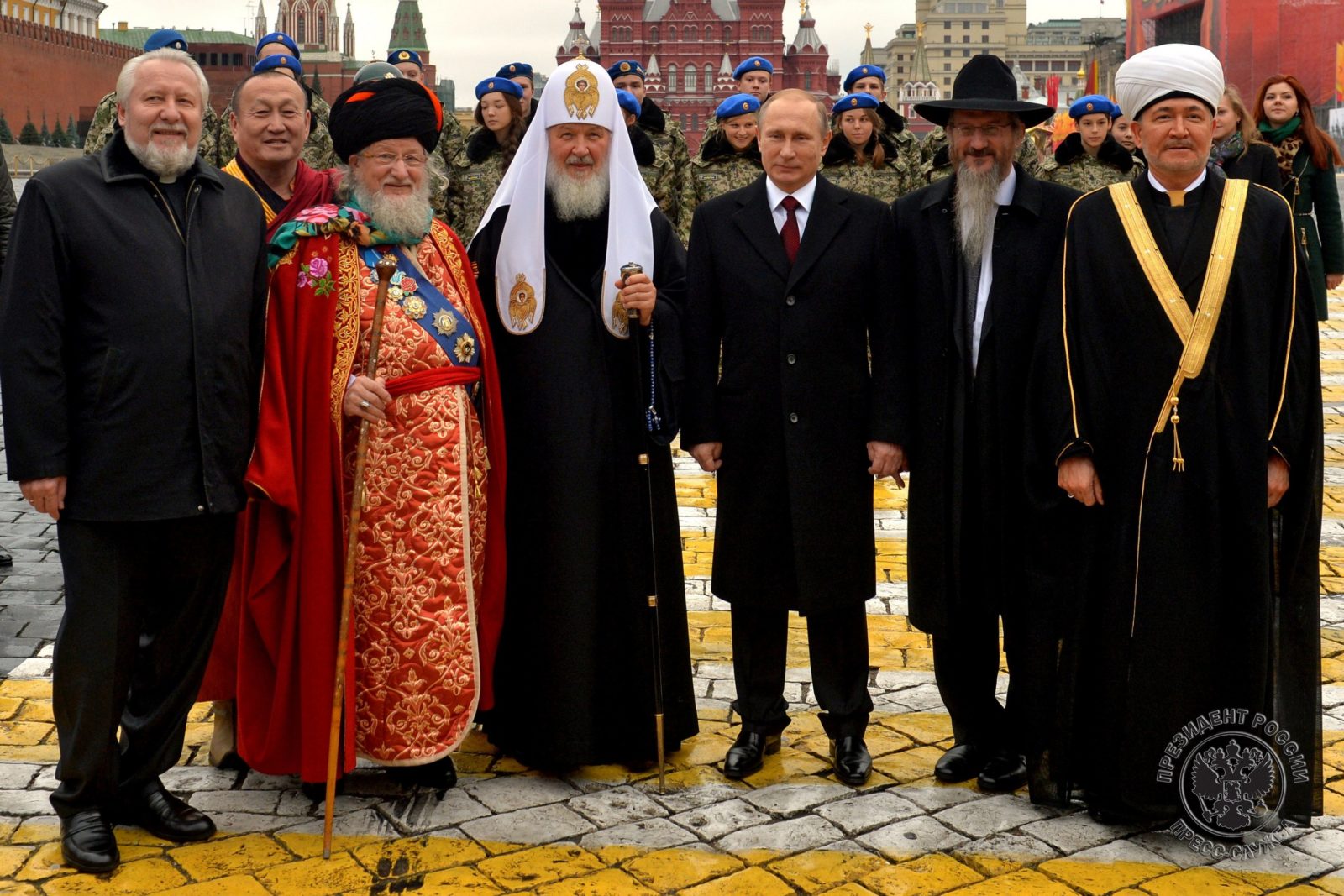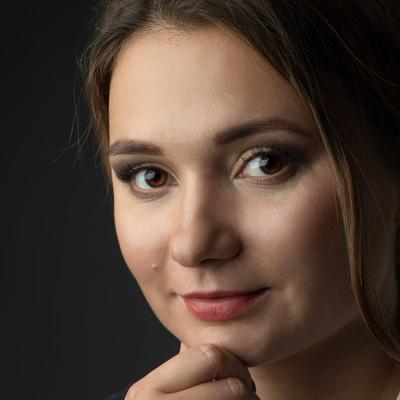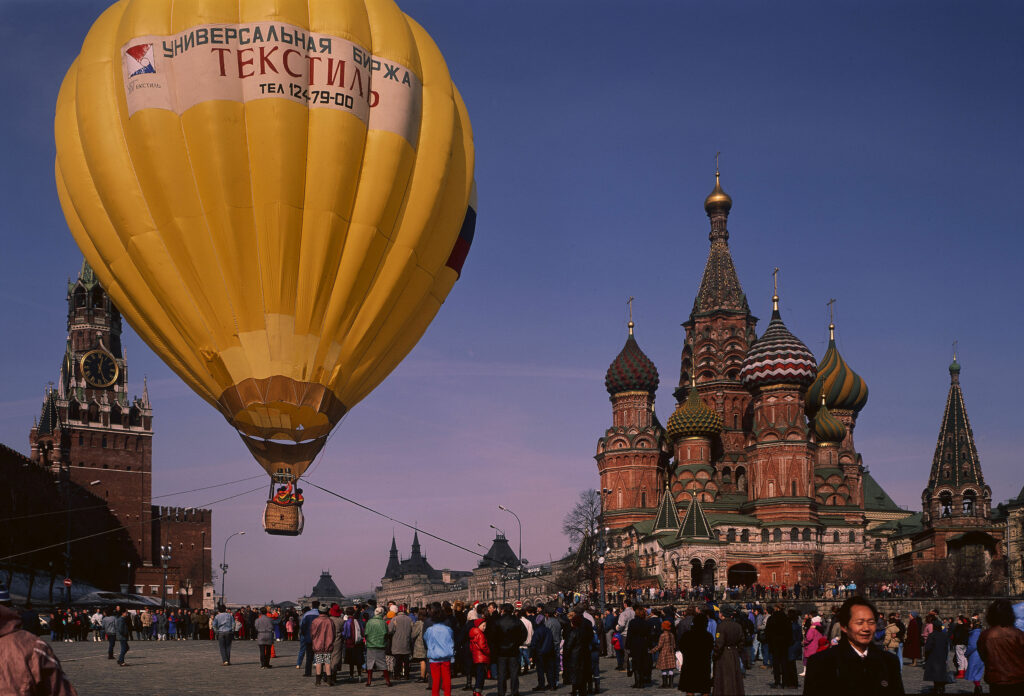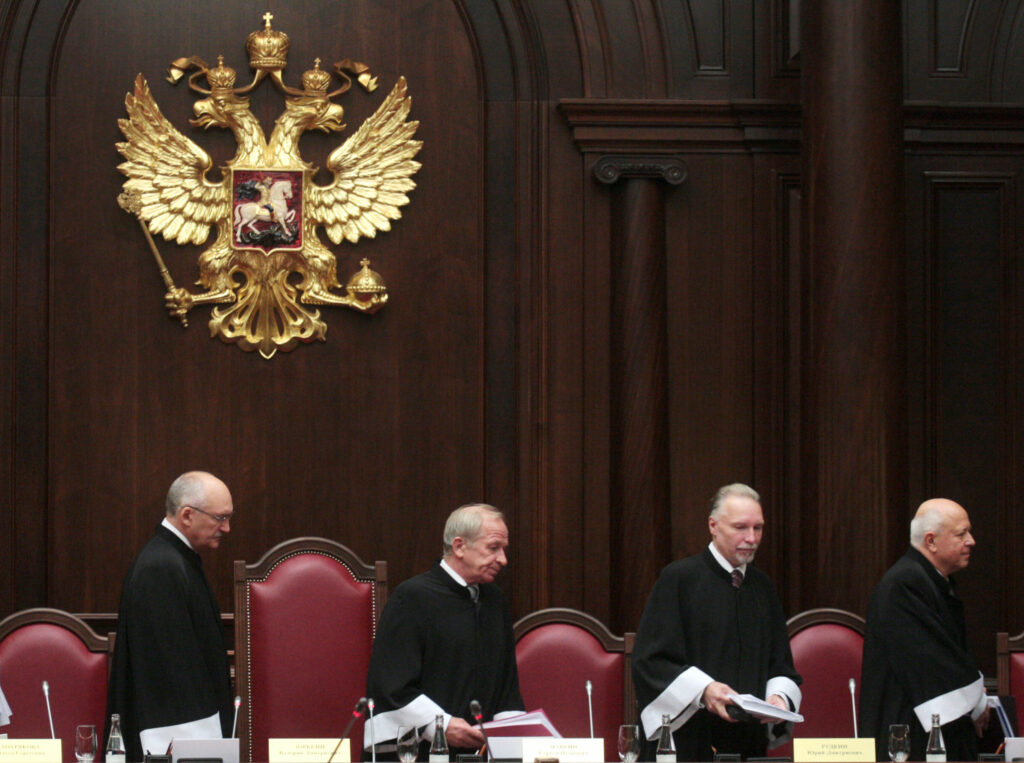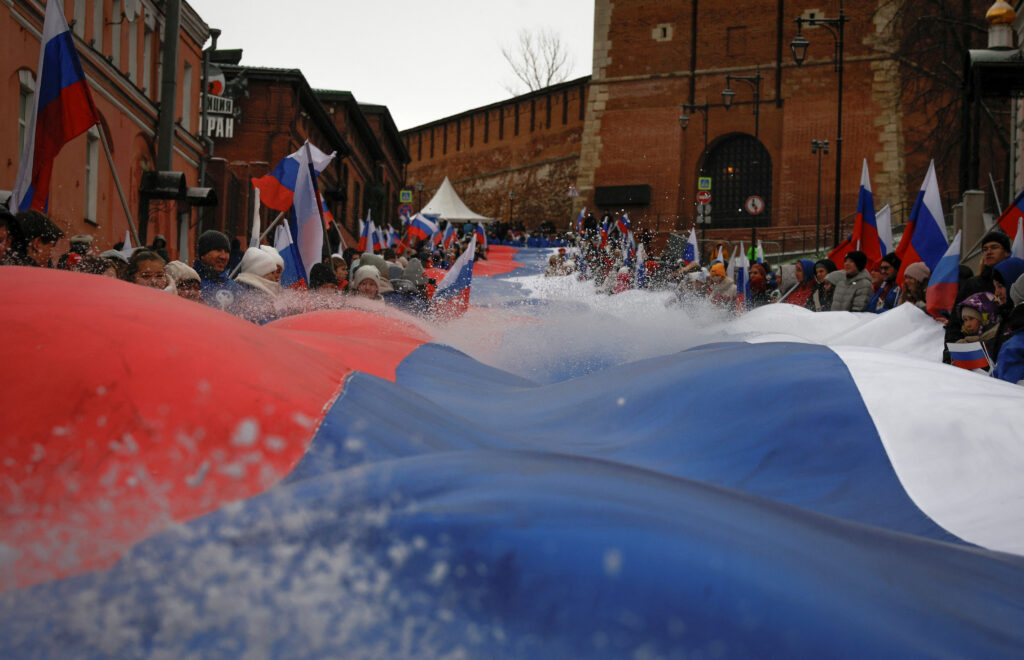A recent Levada Centre poll about the most outstanding people of all time stood out mostly because the top position was taken by Joseph Stalin (38%). This finding attracted the attention of many Russian media outlets. Many headlines went with an angle of ‘Stalin outperforming Putin in the ranking of outstanding people’. The problem is that these semantics create a false impression: the wrong assumption here is Stalin’s position had been significantly lower before the poll. However, if we look at similar polls conducted in the past, we will see that Stalin’s high position has been quite stable since 1999: in 1999, 35% of the respondents called him an ‘outstanding’ person (4th position in the ranking), with 40% in 2003 (third place), 36% in 2008 (third place again), and 42% in 2012 (first place). In comparison with the 2012 survey, Stalin retained the leading position in the ranking but lost four percentage points in absolute terms.
The emphasis on Stalin’s leadership drew public attention away from a much more significant change — i.e. Putin’s transition to the category of ‘historical’ figures. In the 2012 poll, only 22% of the respondents included the current Russian president among the most outstanding people of all time (sixth position in the ranking), yet the respective figure in 2017 leapt to 34% (the same percentage as for Pushkin, who now shares the second place with Putin). Obviously, this change was ‘sponsored’ by the annexation of the Crimea, which was supported by the majority of Russians and perceived as a historically significant event. However, since that time, we have witnessed ever stronger attempts to build a media image of Putin as a charismatic leader (according to Weber’s typology), or a commander-type leader (importantly, this refers to the image being created, which does not fully reflect the nature of the current regime). Thus, it comes as no surprise that the leadership-based models of governance that existed in Russia’s history are not subjected to any significant criticism at the government level. In other words, if the cult of the past leaders is preserved, this reinforces the cult of today’s ‘leader’ (as a personification of the system).
Societies without a sustainable democratic culture and democratic institutions tend to perceive the commandeering model of governance as an acceptable and often desirable norm. In Russia, the reproduction of such thinking is facilitated by the widespread dissemination and consolidation of myths that revive the period of Tsarist Russia in the public consciousness: ‘a good tsar vs. the bad boyars’, ‘the tsar will stroke you but the boyars will scrape you’, etc. These myths are also built into most people’s attitudes towards the ruling elites, which are usually subdivided into Putin as the leader (the host or the master of the house), perceived as a source of higher justice, and then the rest. Accordingly, all power institutions in such a system rest only on the authority of the ‘leader’ and, in a broader sense, on the society’s consent to such a governance model. From this perspective, the attitudes of the Russian people towards Stalin should be perceived precisely as an expression of such consent, rather than a kind of protest against the current government or a way to worship a murderer.
Although Stalin can — and should — be demonised (contrary to the statements heard from the Russian president), attempts to demonise Russian society are counterproductive, given that the sheer scale of Stalin’s crimes has been purposefully whitewashed from the social memory of Russians for quite some time. The illusory aura of the Great Patriotic War, and the creation of its cult surrounding it, would not have been so successful without the Kremlin’s policy of purposefully concealing ‘inconvenient’ issues. After all, if the Russian people had a good understanding of the scale of repressions and mistakes committed by Stalin on the eve of the Second World War and during the war, and of the ‘price’ that the Soviet people had to pay for those mistakes, sooner or later Russians would start to believe that their compatriots survived the war and its aftermath not because of the leader’s ‘effective management’ but, rather, despite it, relying solely on their own efforts. Such an understanding could start a wave of dissent, where the public would ultimately agree that the authorities must be held accountable, and that commander-style governance is unacceptable. This is exactly what the present authorities have been trying to avoid. Hence comes the pressure on organisations and historians dealing with historical memory and repressions, the absence of an in-depth discussion on this topic in the school curricula, and the claims about Stalin being ‘demonised’ by people and organisations working for the interests of other countries.
All these efforts are undertaken in order to constrain the discussion of historical facts as much as possible, and to prevent them from becoming a subject of a large-scale public debate. As a result, according to the Levada Centre’s data, 20% of Russians know hardly anything about Stalinist repressions, 22% ‘know something but not much’, 44% ‘have some general idea’ (and it is possible that those ‘general ideas’ originate from the official version of history disseminated by the Kremlin). It turns out that about 86% of Russians (a landmark figure) do not have sufficient knowledge to fully realise the scale and nature of Stalin’s repressions. Through lack of historical understanding, they have been deprived of immunity to dictatorship and a commandeering governance model. We can logically assume that they see Stalin as a ‘commander-style leader’ who ‘came to Russia at the times of wooden ploughs but left it with an atomic bomb’, who ‘put the country in order’, and ‘won the war’ (the current propaganda has focused exactly on these claims). As such, Stalin is most likely not seen as the killer of millions.
For this reason, it is hardly surprising that Russians see Stalin as an outstanding historical figure. 57% describe him as a ‘wise leader who led the Soviet Union to power and prosperity’, and 62% believe that plaques, busts and other artefacts that tell a tale of his successes should be present in public places. This is a side effect of hushing up the truth in order to implant and reinforce the thinking that a commander-style politician is an ideal leader and an effective manager for Russia. As a result, the overwhelming majority of Russians believe that the ideal politician must be an authoritarian figure: almost a third of those polled (32%) believe that ‘our people need a strong hand all the time’, and 39% agree that ‘there are situations (for example, at present) when it is necessary to concentrate all power in one man’s hands’.
Presumably, the only possible rival of Vladimir Putin at this stage could be a politician who more or less corresponds with people’s ideas of an ideal leader. Despite the desires of liberals and intellectuals, a liberal Western-type politician is doomed to fail in today’s Russia, no matter how strong his programme would be. At the same time, Alexei Navalny, who is often accused of having authoritarian inclinations, can gain broad support precisely because of these traits. The main question perhaps is whether he will reproduce the leader-based model or start building strong institutions capable of preventing the degradation of democracy (something that Boris Yeltsin was unable to do). The arrival of a ‘non-leader’ in Russia will be possible only after a long period of successful efforts to educate the population and create genuine democratic views and attitudes.
